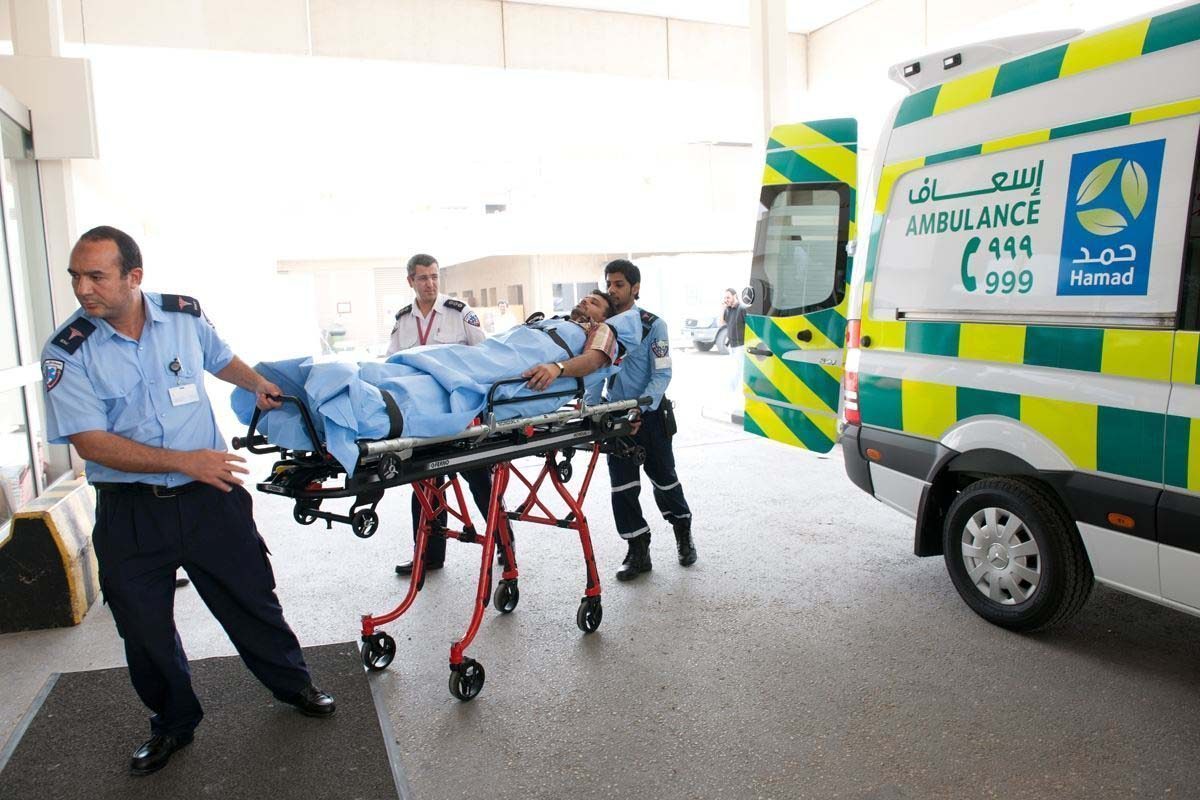
The vast majority of calls placed to Qatar’s emergency number 999 do not involve life-threatening emergencies, a senior Ministry of Interior official has said.
This is problematic because 999 is used in Qatar and around the world by first responders to discern who is in need of immediate, urgent care.
But according to Maj. Khalid Saleh Al-Ansari, the MOI’s chief of emergencies, only 10 percent – or 600 – of the 6,000 calls made each day to the 999 service fall into that category, the Gulf Times reports.
In an interview with Police Magazine, Al-Ansari said most calls received on the emergency line are about minor accidents, are made by children or have been dialed by mistake.
In other countries, such as the UK, fines are now being imposed for time-wasters and non-essential calls, the BBC reports.
And non-emergency lines have been set up in some areas there, to take the pressure off the 999 service. Additionally, repeat nuisance callers are prosecuted.
Too poor to pay
But it is not clear if such measures would work here.
According to one long-time emergency room doctor in Qatar, the 999 service is overused here because many expats cannot afford to seek treatment at the country’s private clinics and hospitals.

The doctor, who asked not to be named, told Doha News that recent moves to prioritize state-run primary health care centers for Qataris have prompted some expats to rely on emergency services for minor ailments, as government hospitals provide affordable treatment.
Expats in Qatar can now only access a few primary healthcare centers, which are often far from their accommodation or workplaces, and so busy that it can be difficult to get an appointment.
The doctor, who worked in Hamad General’s emergency room for seven years and now works at another hospital in Qatar, said Al-Ansari’s statement reflected his own experiences:
“Most of the patients who called 999 and who we saw were not emergencies. The hospital is open 24 hours and if you come as an emergency patient, you don’t need to pay. Many of the people I saw were poor and they needed treatment, but they couldn’t afford private care.
They couldn’t get an appointment at the local health clinics, so they came to us for treatment.”
Overloaded
But the situation creates a “huge load” for emergency doctors, he said.
“It is very frustrating. We are dealing with minor cases, so often just didn’t have the capacity to deal with the major ones which came in,” the doctor added.
He said the current system needed an overhaul, to release the burden on emergency services.
“There should be health centers and walk-in clinics for expats, so they can be seen properly by doctors and that would stop many of them having to go to hospital or call 999 to get treated,” he said.

Workers in the Industrial Area have long complained about a lack of health and medical facilities nearby.
There is no 24-hour pharmacy, and no hospital in the district, although plans are underway to build three hospitals dedicated to single, male laborers in Mesaieed, Ras Laffan and the Industrial area.
Expected to open next year, these will specialize in trauma and injury, occupational health and physiotherapy.
Emergency services
Qatar’s emergency services line is manned in shifts, around the clock, by teams speaking languages including Arabic, English, French, Chinese, Tagalog and Urdu.
Once a caller dials 999, they are put through to the most appropriate service for their needs.
This may be one of Hamad Medical Corp.’s highly-trained emergency medical dispatchers, who are the initial point of contact for getting an ambulance to an ill patient.
Patients who arrive for treatment at Hamad General’s emergency department are then assessed and prioritized for treatment according to their condition.
Thoughts?







